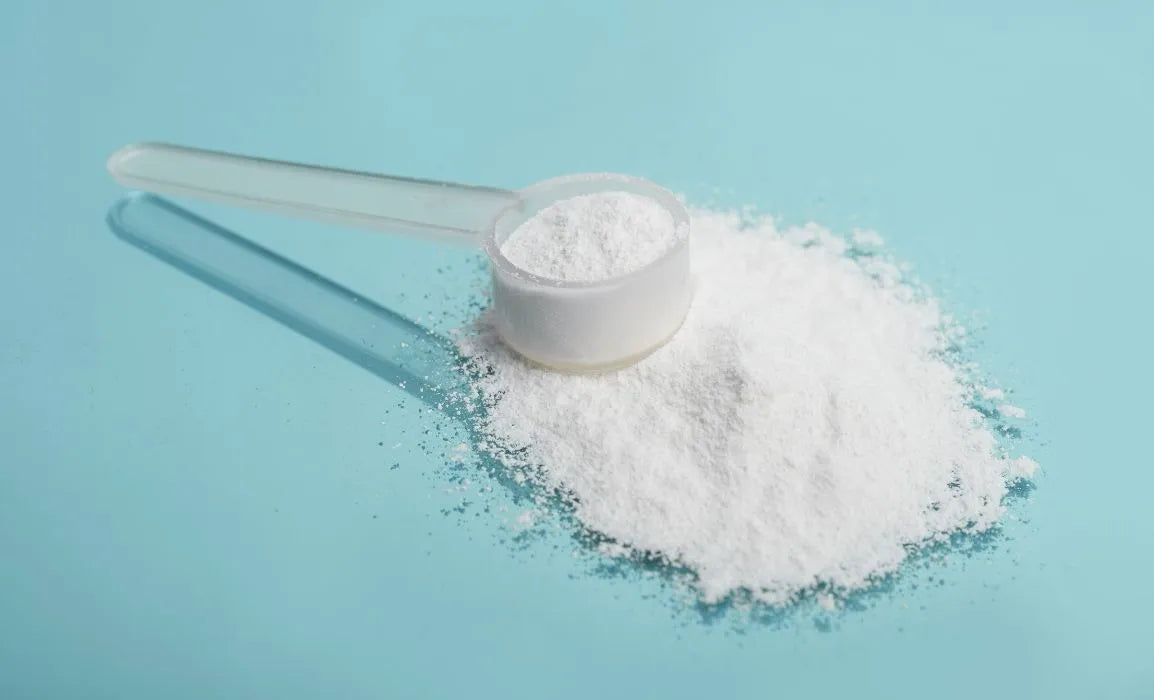Zinc PCA in Skincare

Introduction
The "PCA" in Zinc PCA stands for Pyrrolidone Carboxylic Acid, a natural component that may help to ease the tightening of skin. Zinc PCA is an organic compound sodium salt of PCA, which is also present in the skin. This ingredient is now extensively incorporated into topical skin care products, moisturisers and acne treatments.
What is Zinc PCA?
Zinc PCA is almost the same as Zinc, and it can be used for skin conditioning. Its versatility makes it popular among skin care products. In addition to deeply moisturising and hydration of the skin, it can help fight acne and make the skin smooth. It also has a role in combating skin ageing.
What does Zinc PCA do in skincare products?
Zinc PCA in skincare products is used for acne treatment and to make skin smoother. It can be found primarily in serums, all sorts of types of moisturisers as well as masks. It can help reverse the damage done to the skin. Furthermore, it can also help control sebum in recognition of its flammable properties and rid swelling on the skin. Moreover, it has anti-ageing qualities-rich enough to keep the skin hydrated.
Zinc PCA benefits in skincare
There are numerous Zinc PCA benefits in skincare products:
- Controls sebum production: There are many factors considered to be leading causes of acne, one of them is the over-secretion of the oil known as sebum. This allows for excessive sebum removal from the skin since Zinc PCA controls the amount produced by sebaceous glands. This avoids the accumulation of oil on the pores, and thus more blackheads and whiteheads (also known as comedones) are reduced.
- Anti-inflammation: When acne affects the skin, it is commonly associated with a lot of inflammation that involves redness, swelling, and discomfort. Zinc PCA is an effective anti-inflammatory product which helps soothe irritation and inflammation, reducing the general appearance of the skin and preventing swelling. This not only improves the recovery of acne-affected areas but prevents the risk of forming more severe lesions.
- Antibacterial properties: The inflammation of lesions caused by the Propionibacterium acne (P. acne) leads to the formation of pimples. Treating developed acne lesions is made easier with the use of Zinc PCA, a natural antibacterial agent that helps control the spread of P. acne and lessens damaged skin tissues.
- Wound healing and scar prevention: The acne lesions are quite disfiguring and in most cases develop ugly scars. Zinc PCA helps to heal up the existing lesions faster and reduces the risks of post-inflammatory hyperpigmentation and scarring.
- Antioxidant defence: Zinc PCA has an antioxidant effect on the skin tissues by preventing free radicals from causing damage. Acne and other skin ageing factors can be attributed to free radicals. Zinc PCA benefits the skin by absorbing such free radicals, ensuring the skin remains healthy and clear.
- Strengthens skin barrier function: Zinc PCA is beneficial in enhancing the skin's barrier functions, which are critical to overall skin health. A healthy outer skin layer prevents the loss of moisture as well as shields the skin from harmful external elements. This is more beneficial for acne‐prone individuals whose skin is more reactive and sensitive.
Also read: What is the skin barrier and how to care for it
Precautions while using Zinc PCA
In order to ensure its safety and effectiveness, there are some precautions that should be considered:
- Patch test: Perform a patch test before incorporating a new Zinc PCA product into your routine, especially if you have sensitive skin. Apply a small amount to a discrete area, and wait 24 to 48 hours for any adverse reactions. This "safety-first" approach will provide the necessary assurances about product use and results.
- Formulation compatibility: Ingredients in the overall formula such as Zinc PCA will be compounded with other active ingredients. Be sure these ingredients are compatible with your skin type and do not cause irritation.
- Observe allergies: Symptoms like severe itching and swelling may indicate an allergy to Zinc PCA or another ingredient. Get in touch with health professionals if you observe these symptoms.
- Concentration matters: If the concentration of Zinc PCA in the product is too high, it can increase the risk of irritation for sensitive skin types.
Conclusion
Zinc PCA is a helpful ingredient in the treatment of acne-prone skin for many reasons. Zinc PCA is skin-friendly by nature and should be used on areas of sensitive and rash-prone skin. Using Zinc PCA for prolonged periods to treat acne does not dry or irritate the skin. This leads to better and clearer skin with the help of Zinc PCA, if it is used appropriately.

